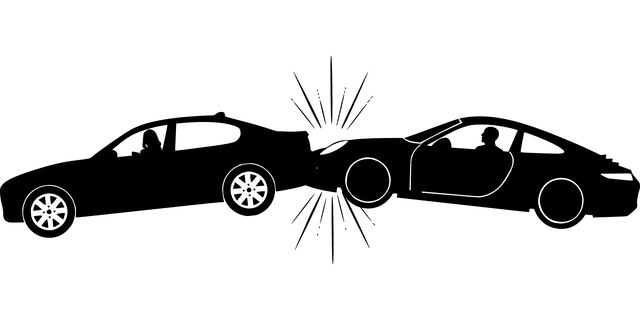
A vehicle driver is primarily responsible when accidents happen on the road. But complications can arise when the incident occurs during work hours and when the driver is using the company vehicle. Knowing what to do and what rights you have is essential if you’re an employee who’s gotten into this situation. This article discusses the information you need to navigate the situation.
- What Should Be Determined
Some workplace accidents are not cut and dry, and it might take some thorough investigation on the employer’s part. But you must verify the following when one of your team members is involved in a workplace accident:
- Who is responsible for the accident?
- Was the driver on the job?
- Was it due to negligence or not?
- Is there any compensation available for the injured worker?
Once the investigation identifies who’s at fault, the person responsible is liable to pay for the damages incurred. In this case, employers, workers, or third parties that caused the accident are liable.
- What To Do After An Accident
Knowing the next steps to take after a car accident is essential. You’ll have many questions running through your mind. Still, the first thing to do is to analyze your surroundings to see if it’s safe enough to exit your vehicle. That is if you can move at all. Turn off the car and activate the hazard lights.
If you have passengers, see if you can move them off the road. Suppose you can apply first aid to those needing it immediately. Have someone call 911 or do it yourself if no one else is capable. If a passenger sustains a head injury, stay with them and ask questions to keep them awake until rescue services arrive.
Once they’re on the scene, call your supervisor or employer to report the accident. Get your phone and take pictures and videos of the scene. Keep documenting even after the authorities arrive. Once on the scene, avoid apologizing, as the authorities can take that as an admission of fault.
After they get your statement, seek medical attention immediately for yourself and the passengers. Don’t forget to document the events, get a report from the medical staff if you can, and secure a copy of your medical bills as proof in case the accident ends in a lawsuit.
- Employer Liability
When does the law hold employers liable for the accident the driver caused? The employer could be liable under vicarious liability if the employee caused the accident and harmed someone.
This rule applies to all employers, whether individually, as a business, or agency. All employees that drive also fall under the personal injury fault if they caused the accident as a food delivery person or an employed bus driver.
Employer liability also applies if the employee’s negligence caused another driver’s injuries using their vehicle, the passenger of the employed driver, or a pedestrian.
- The Law Can Hold You Liable
The employer won’t always be responsible, even if you use the company vehicle. You can be at fault if you’re driving the vehicle outside your working hours. Here are the following examples:
- The employee was running a non-work-related task when the accident happened. Exceptions might apply if the employee simultaneously made work-related tasks and a personal errand.
- The employee was committing a crime when the accident occurred.
- The team member was using the company vehicle to drive to work and go home. An exception is unless the team member was required to do a work-related errand when the accident happened.
Suppose the employer finds that you are at fault under these conditions. In that case, they and their insurance company won’t pay for the damages caused. Nowadays, many business owners mount their fleets with dashcams to protect their drivers and vehicles.
- How To Pursue Compensation From Your Employer
You’re entitled to worker’s compensation if you’re injured in the accident and the event is not your fault. You should immediately notify them if you get injured or sick. Your employer will discuss your rights and the benefits of the worker’s comp.
You need to complete an application form detailing the information about the injury and when and where the accident occurred. Your employer might also require you to fill out the first report of injury form. They will submit it to your state’s workers’ compensation board.
States have different ways of filing for worker’s compensation. The forms you complete, the insurance provider, and the type of compensation you get from the injury depend on where you live.
Whether you’re innocent or at fault, informing your employer about the accident is essential because it will also help your case.
Key Takeaways
When you’re involved in a work vehicle accident, there are rules surrounding whether you’re at fault. Your employer is liable if you get into an accident. They take on the responsibility if you cause an accident during a non-working hour.
You’ll be entitled to workers’ compensation if you’re not at fault. Understand that you know your rights if your employer also denies workers’ comp. You can seek legal counsel to guide you through this situation.